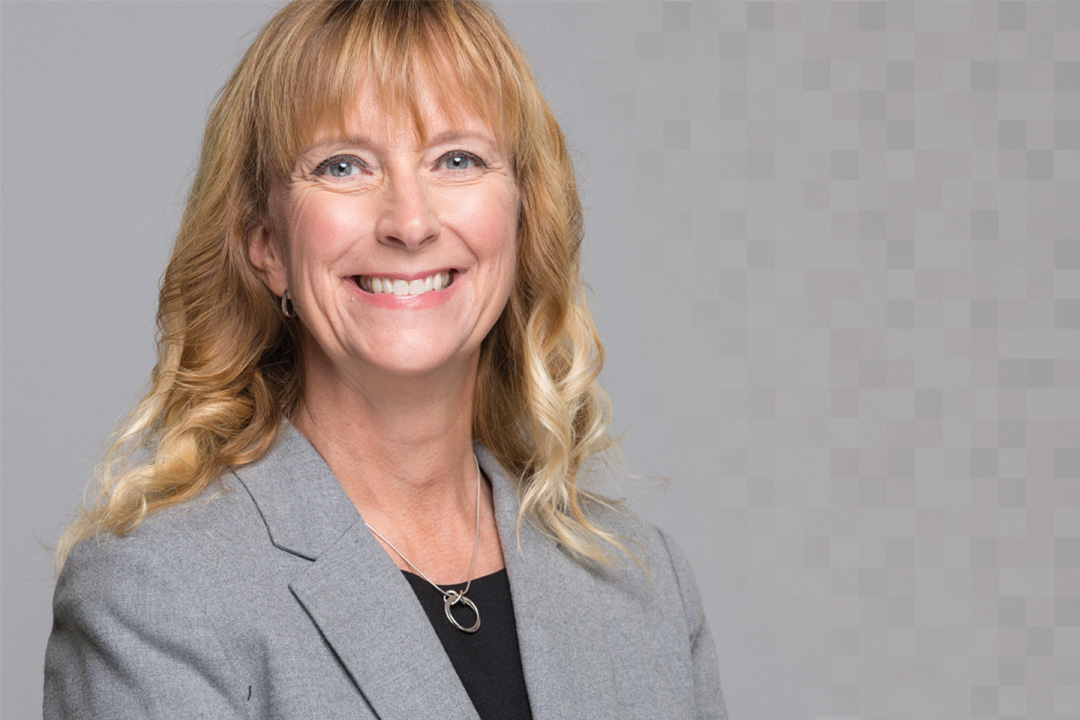
Building reconciliation
A little more than a year after hosting a ground-breaking national forum on reconciliation that attracted university and Indigenous leaders from across the country, the University of Saskatchewan will turn its attention inward next month.
By James ShewagaOn March 7, the university will focus on the internal campus community when it hosts the U of S Building Reconciliation Forum, as faculty, staff and students gather in Marquis Hall to discuss the progress that has been made and the work that still needs to be done.
“I think it’s critical that we continue to not only build on our progress, but to keep the momentum going,” said Patti McDougall, vice-provost of teaching and learning. “The University of Saskatchewan has been working actively on Aboriginal engagement and achievement for the last 15 years or more. What was new in November of 2015 was the inspiration that we took from the TRC Calls to Action. It lit a new fire and gave us new direction and new insights as to how work is to be done by, and with, Indigenous people.”
That successful 2015 forum—Building Reconciliation: Universities Answering the TRC’s Calls to Action—featured a landmark agreement by the U of S and 23 other post-secondary institutions in the province committing to work together to close the education gap between Indigenous and non-Indigenous peoples. What has followed has been a lengthy list of Indigenous initiatives, programs and projects across campus as the university continues to welcome and graduate more Indigenous students than ever before.
“We want to be the most welcoming environment that we can be for Indigenous students, faculty and staff,” said McDougall. “And I am very keen to see us advance on commitments, such as our goal of building learning outcomes for every program that is tied to Indigenous content and experiences grounded in Indigenous world views.
“To that end, I am proud when I see what we are accomplishing. When you step back and you look at where we’ve invested, we have done some great things, led by passionate people and we’ve had lots of success. But I believe that we still have much work to do, across the board.”
The upcoming internal forum—intended to be an annual event—will be open to all faculty, staff and student leaders. While the formal agenda and list of speakers is in the process of being finalized, there will be opportunities for informal discussion, as well as poster displays to browse that will highlight advancements in Aboriginal achievement in colleges, schools and administrative departments across campus.
“The university always knew that we needed our own internal forum because we need to keep those conversations going internally,” said McDougall. “So the forum we host in March will be an opportunity to share and showcase what we have done, what we’re currently doing, and what people are planning to do.”
McDougall said forum organizers hope to have involvement from residential school survivors on campus. To help prepare for this forum, McDougall has been in regular consultation with the university’s Aboriginal Advisors’ Circle, and has also received input from Indigenous faculty members at the U of S, while also connecting with the Indigenous community beyond campus.
“For all of our Indigenous initiatives, we are committed to that idea of ‘nothing about us, without us’ that was highlighted at our national forum and continues to inspire our work moving forward,” said McDougall. “What I have realized is it is hard work to get to the outcomes that we all aspire to. It takes time. And those of us who are not Indigenous are being educated every day.”
For McDougall, the mark of a successful forum will be having participants learn something new about Indigenous history or contemporary circumstances and a better understanding of the university’s commitment to supporting Aboriginal achievement across campus.
“I think I will feel like we were successful if people who participate in one or more elements of this forum walk away having learned something new about what we are doing at the university,” said McDougall. “We want to build awareness and understanding of how it all connects together, how it ties to history of the residential schools. In particular, if people walk away having learned something about Indigenous world views, that to me would be a move in exactly the right direction.”

